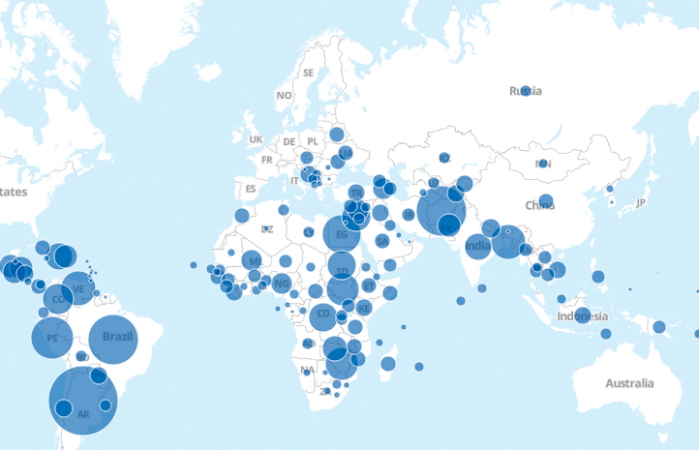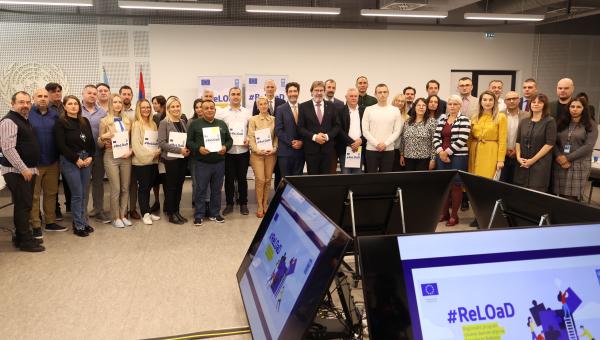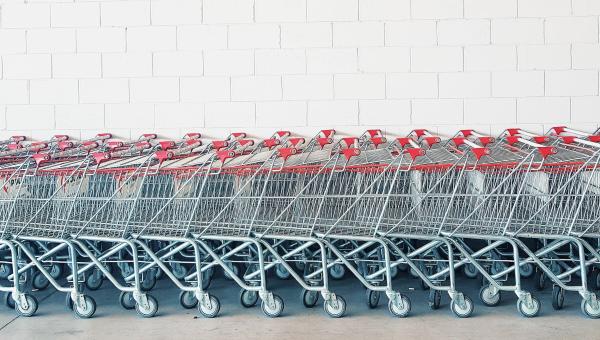Get involved
About us
UNDP works in about 170 countries and territories, helping to eradicate poverty, reduce inequalities and exclusion, and build resilience so countries can sustain progress. As the UN’s development agency, UNDP plays a critical role in helping countries achieve the Sustainable Development Goals.

Leadership
Achim Steiner became UNDP Administrator on 19 June 2017. The United Nations General Assembly confirmed his nomination on 19 April 2017, following his nomination by Secretary-General António Guterres.

Executive Board
The Executive Board provides inter-governmental support to and supervision of UNDP activities, ensuring that the organization remains responsive to the evolving needs of programme countries.
Our Partners
Partnership is at the heart of everything UNDP does. We offer a nearly universal presence. Our substantial expertise—both intellectual acumen and practical experience—cuts across diverse development issues and settings.
Funding
In order to achieve its mandate, UNDP relies entirely on voluntary contributions from UN Member States, multilateral organizations, private sector and other sources, in the form of unrestricted regular resources (core), and contributions earmarked for a specific theme, programme or project.

Accountability
Accountability is the obligation to demonstrate that work has been conducted in accordance with agreed rules and standards and report fairly and accurately on performance results vis-à-vis mandated roles and/or plans.
Sustainable Development Goals
The Sustainable Development Goals (SDGs), otherwise known as the Global Goals, are a universal call to action to end poverty, protect the planet and ensure that all people enjoy peace and prosperity.

Human Development Report
Human development is about expanding the richness of human life, rather than simply the richness of the economy in which human beings live. It is an approach that is focused on people and their opportunities and choices.

#FutureSmartUNDP
To meet the objectives of the Strategic Plan in line with the 2030 Agenda, UNDP is implementing six cross-cutting approaches to development, known as Signature Solutions. A strong, integrated way of putting our best work, or 'distinctive' skill set, to achieve the Sustainable Development Goals.

Our expertise
UNDP connects countries with the knowledge, resources and networks they need to achieve development breakthroughs. With deep local knowledge and a wide global network, we work with partners to end poverty and reduce inequality, while protecting the planet and championing human rights.

News Centre
Our News centre is a one-stop shop for multimedia press coverage and in-depth information on development-related issues. We provide news announcements, press releases and statements by UNDP leadership.

Results
#FutureSmartUNDP is designed to achieve integrated results at speed and at scale during both quiet and turbulent times.

Publications
UNDP publications showcase the organization’s thought leadership and expertise and play a key role in fulfilling our mandate to support the realization of the SDGs and encourage global development.

Blogs
UNDP's sustainable development blog is written by experts working in over 170 countries and territories.

Stories
Our stories are visual and current snapshots of our work from around the world, showing how countries and communities are tackling development issues and moving the SDGs from paper to practice.

Asset library
UNDP’s asset library is available at assets.undp.org, which features a great selection of UNDP images from projects around the world. Through the digital asset portal, you can find more than 5,000 images from every region, searchable by thematic areas, regions, countries, and key words.

Careers
UNDP works in more than 170 countries and territories, helping to achieve the eradication of poverty and the reduction of inequalities and exclusion. We help countries develop policies, leadership skills, partnering abilities, institutional capabilities and build resilience in order to sustain development results.

Procurement
As a public organization entrusted with donor funds and committed to supporting developing economies, UNDP works to improve access to quality assured supplies in a cost effective and reliable way.

UNDP Shop
Show you care about poverty, gender equality, climate action and more. Check out our products featuring the causes you care about. Great ideas for presents too.

UNDP Giving
Localize the impact of your donation, and empower communities and people across the world fighting for sustainable and equitable development.

Contact us
You can contact our team with general questions about UNDP or about more specific topics.


 Locations
Locations





